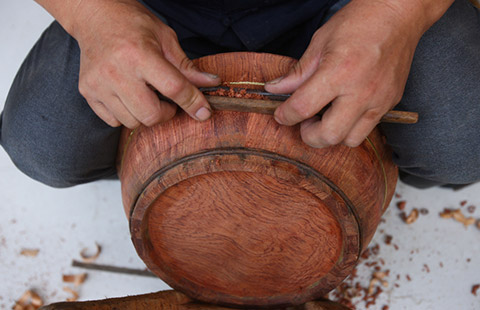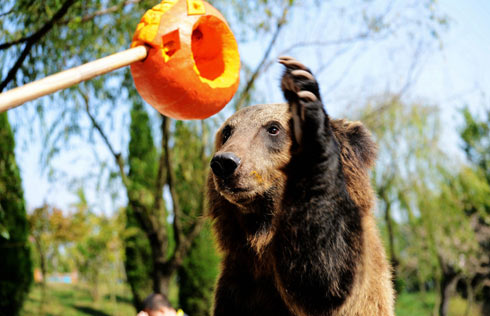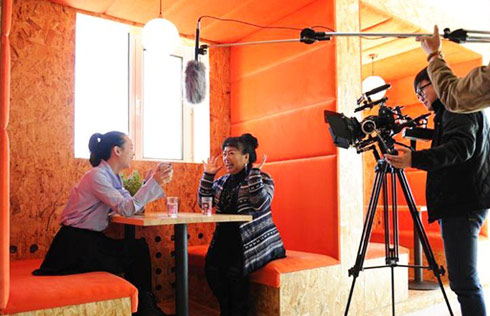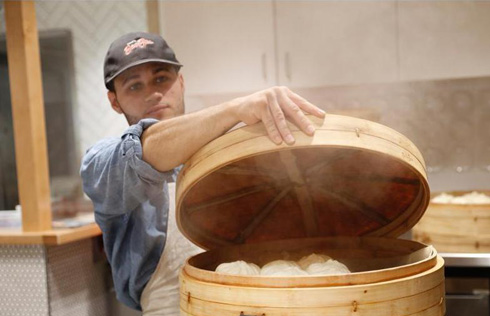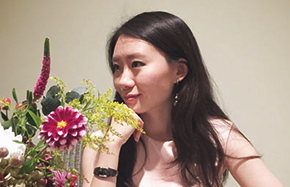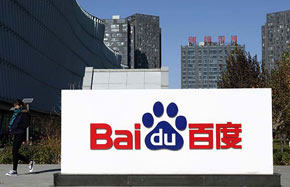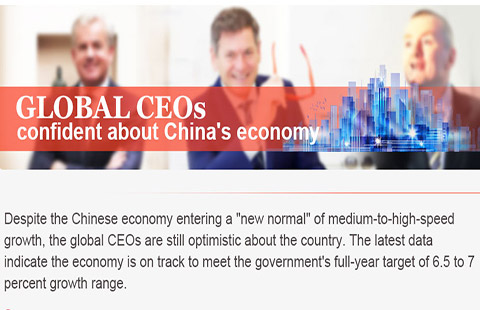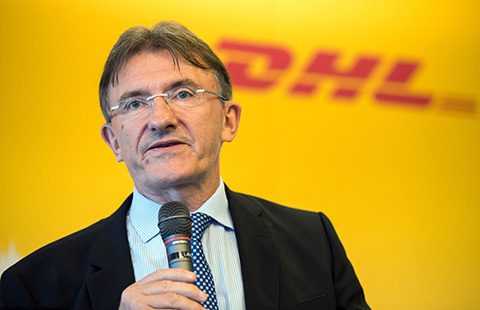First methionine plant to begin operations soon




China's first methionine plant will be put into operation soon, ending the country's dependence on imports of the important supplement used in animal feed additive.
The plant in Nanjing, Jiangsu province, is a joint venture by China National BlueStar Co Ltd and its fully owned French subsidiary Adisseo Group.
The factory, owned by Bluestar Adisseo Nanjing Co Ltd, or Adistar, will have an annual production capacity of 70,000 metric tons in the initial stage.
China needs about 120,000 tons of methionine annually, and is totally dependent on imports, according to Bluestar.
"The total production capacity of the plant is expected to be 140,000 tons a year to meet the growing demand both in China and in other Asian countries," said Ru Chengjun, executive vice-general manager of Adistar.
|
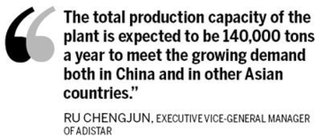 |
The plant will become one of the lowest-cost liquid methionine production facilities in the world when it's operating at full capacity, Ru said.
The new plant is just part of the company's overseas strategy.
As a subsidiary of the State-owned China Chemical Corp, or ChemChina, Bluestar acquired the then third-largest methionine producer in the world, Adisseo, for $565.4 million in January 2006, in China's largest overseas mergers and acquisitions deal in France.
After the acquisition, the company helped Adisseo France turn from losses into a profit in fours years.
It also merged the Nanjing plant with Adisseo France, making it another overseas plant of the French company.
"Overseas M&A deals are only the first step. The key is to achieve the integration of different cultures and ways of doing things," said Ren Jianxin, general manager of ChemChina.
ChemChina has six overseas companies it acquired through M&A in recent years and owns production bases, research and development centers and marketing offices in up to 140 countries and regions.
"Many French employees applied to work in China to support the construction of the Nanjing plant," said Peng Haitao, director of the production preparation department at Adistar.
"Even though some of them couldn't make it due to family reasons and some other reasons, it showed their willingness to cooperate," said Peng.
"Now Adistar has interpreters speaking French, Spanish and English to meet the foreign employees' needs. Adistar once had people from as many as 22 countries and regions working on the same project."
As the world's best-known animal nutrition firm, Adisseo France has advanced technologies and marketing strategies. The parent company just needs to give its support and trust to help it develop, said Ren.
"To successfully merge a Chinese company with a foreign one, people should not only think about their own needs," said Ren. "The right way is to find a way that can combine the two companies together to realize a win-win situation.
"Chinese companies are still at the initial stage of their global expansion. By learning and communicating, Chinese companies and foreign ones can achieve mutual understanding that will benefit both," he added.
Yang Feiyue contributed to this story.
Contact the writers at [email protected]


